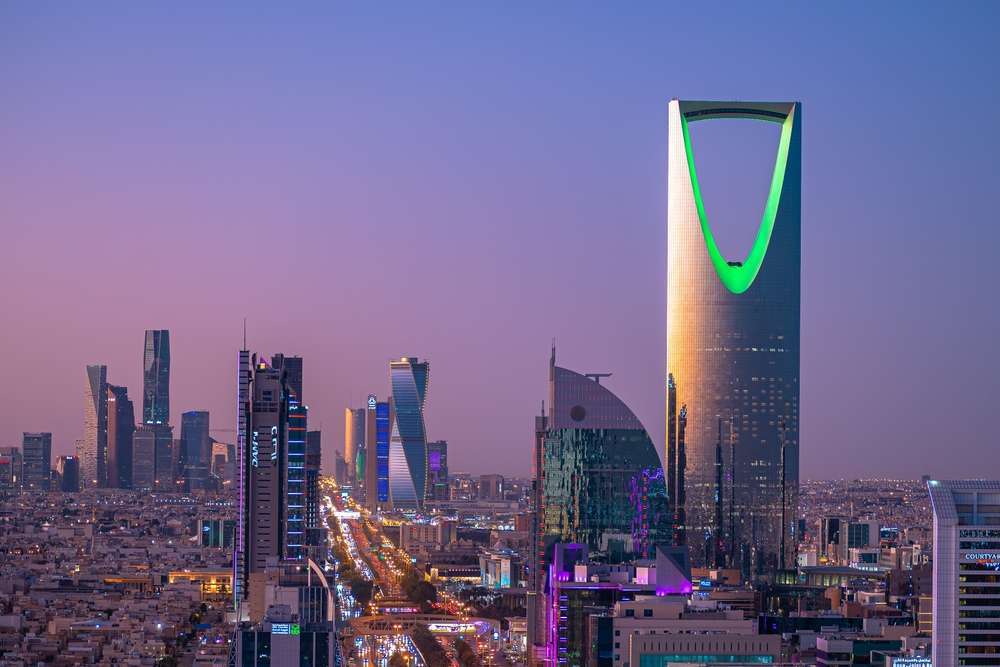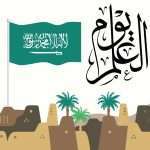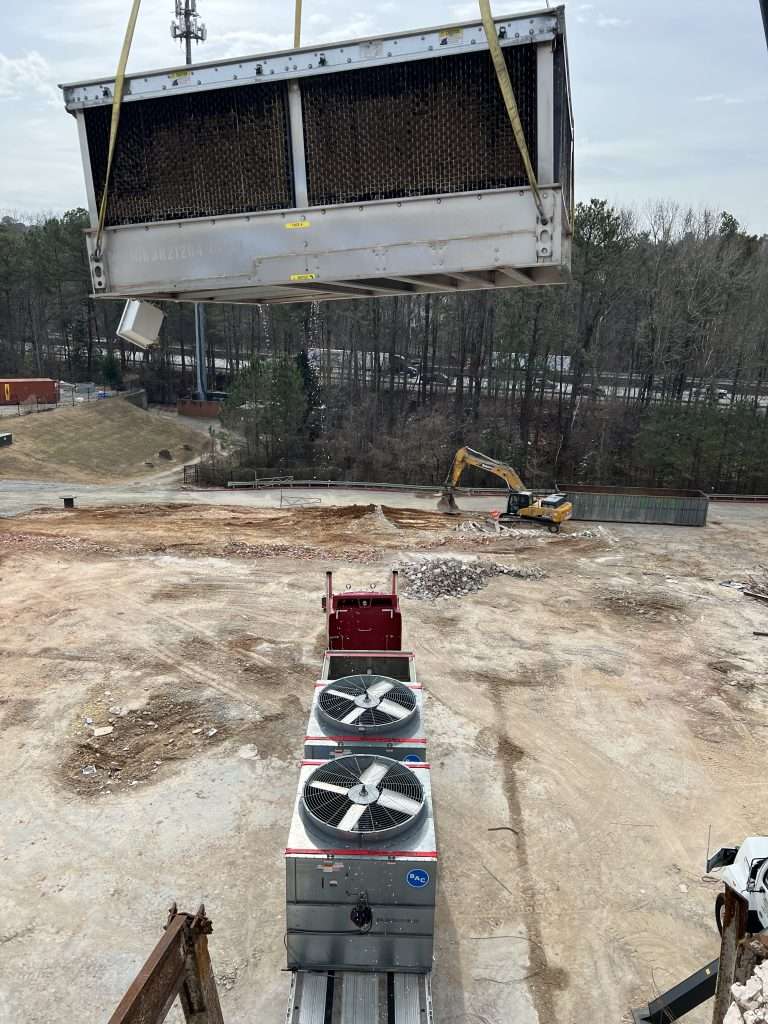Saudi Arabia, long reliant on oil revenues, is undergoing a significant transformation towards sustainable development and economic diversification. With the launch of Vision 2030, the Kingdom has committed itself to reducing its dependence on oil, fostering innovation, and promoting environmental sustainability. In this article, we explore Saudi Arabia’s sustainable development initiatives, highlighting key strategies, projects, and opportunities for a more sustainable and prosperous future beyond petrodollars.
A Shift towards Sustainability
Vision 2030, spearheaded by Crown Prince Mohammed bin Salman, represents a comprehensive roadmap for Saudi Arabia’s economic, social, and environmental transformation. At its core, Vision 2030 aims to diversify the economy, create new job opportunities for Saudis, and promote sustainable development while preserving the Kingdom’s cultural heritage and natural resources.
Sustainable Development Goals: A Framework for Progress
Alignment with the UN Sustainable Development Goals: Saudi Arabia has aligned its sustainable development efforts with the United Nations Sustainable Development Goals (SDGs), committing to addressing key global challenges such as climate change, environmental degradation, and social inequality. By adopting the SDGs as a framework for progress, the Kingdom aims to promote inclusive and sustainable growth that benefits all segments of society.
SAUDI VISA FOR CROATIAN CITIZENS
Renewable Energy: Harnessing the Power of the Sun
The Renewable Energy Potential of Saudi Arabia: As one of the sunniest countries in the world, Saudi Arabia has immense potential for solar energy development. The Kingdom has launched ambitious renewable energy projects, including the Saudi Vision 2030 Renewable Energy Program and the National Renewable Energy Program (NREP), which aim to increase the share of renewable energy in the country’s energy mix and reduce carbon emissions.
Solar Power Projects and Initiatives: Saudi Arabia’s commitment to renewable energy is evident in projects such as the Sakaka Solar Project, one of the largest solar photovoltaic plants in the world, and the Neom Solar Project, a flagship initiative in the futuristic city of Neom. These projects not only contribute to the Kingdom’s renewable energy goals but also create jobs, stimulate economic growth, and promote technological innovation.
Environmental Conservation: Protecting Natural Resources
Preserving Biodiversity and Ecosystems: Saudi Arabia is home to diverse ecosystems, including deserts, mountains, coastlines, and coral reefs, that support unique biodiversity and wildlife. The Kingdom has implemented conservation initiatives to protect and restore natural habitats, conserve endangered species, and promote sustainable land use practices, such as the establishment of protected areas and wildlife reserves.
Water Conservation and Management: Water scarcity is a pressing challenge in Saudi Arabia, where limited freshwater resources are under increasing pressure from population growth, urbanization, and industrial development. The Kingdom has implemented water conservation measures, including investments in water recycling, desalination, and efficient irrigation technologies, to ensure the sustainable use and management of water resources.
SAUDI VISA FOR CYPRIOT CITIZENS
Economic Diversification: Promoting Innovation and Entrepreneurship
Support for Innovation and Entrepreneurship: Saudi Arabia is fostering a culture of innovation and entrepreneurship as part of its efforts to diversify the economy and create new job opportunities for Saudis. The Kingdom has launched initiatives such as the Saudi Vision 2030 Fund, the National Industrial Development and Logistics Program (NIDLP), and the Saudi Venture Capital Company (SVC) to support startups, SMEs, and innovation-driven enterprises.
Investment in Knowledge Economy and Human Capital: Investing in education, research, and technology is a key priority for Saudi Arabia’s economic diversification strategy. The Kingdom has launched initiatives such as the National Transformation Program (NTP) and the Quality of Life Program to promote digital literacy, STEM education, and workforce development, and to equip Saudis with the skills and knowledge needed to thrive in the knowledge economy.
Conclusion: A Sustainable Future for Saudi Arabia
Saudi Arabia’s sustainable development initiatives represent a bold vision for the future, one that is characterized by economic prosperity, environmental stewardship, and social progress. By investing in renewable energy, environmental conservation, and economic diversification, the Kingdom is charting a path towards a more sustainable and resilient future beyond petrodollars. As Saudi Arabia continues to implement its Vision 2030 agenda, it is poised to emerge as a global leader in sustainable development and contribute to the achievement of the UN Sustainable Development Goals on a regional and global scale.
More articles: Investing in the Future: Emerging Industries in Saudi Arabia






